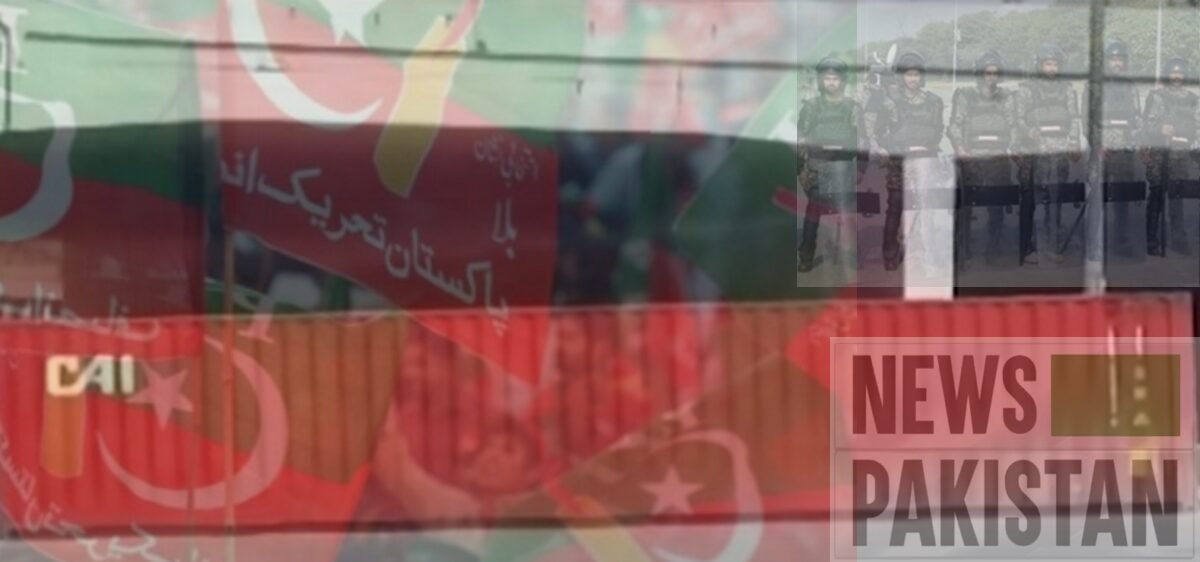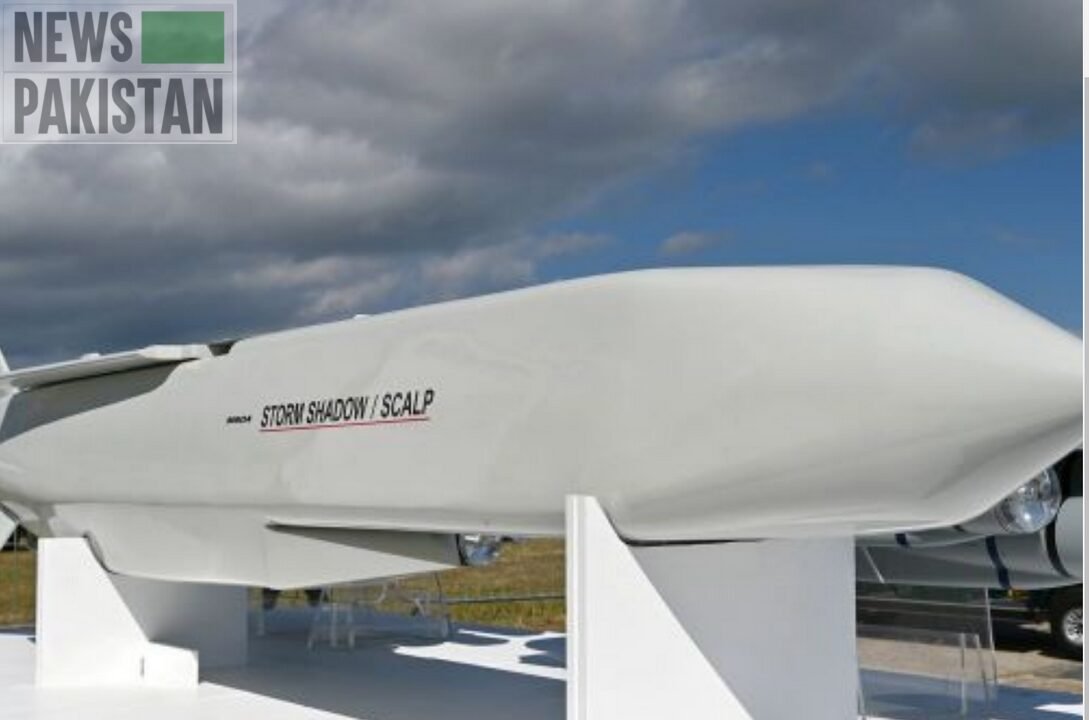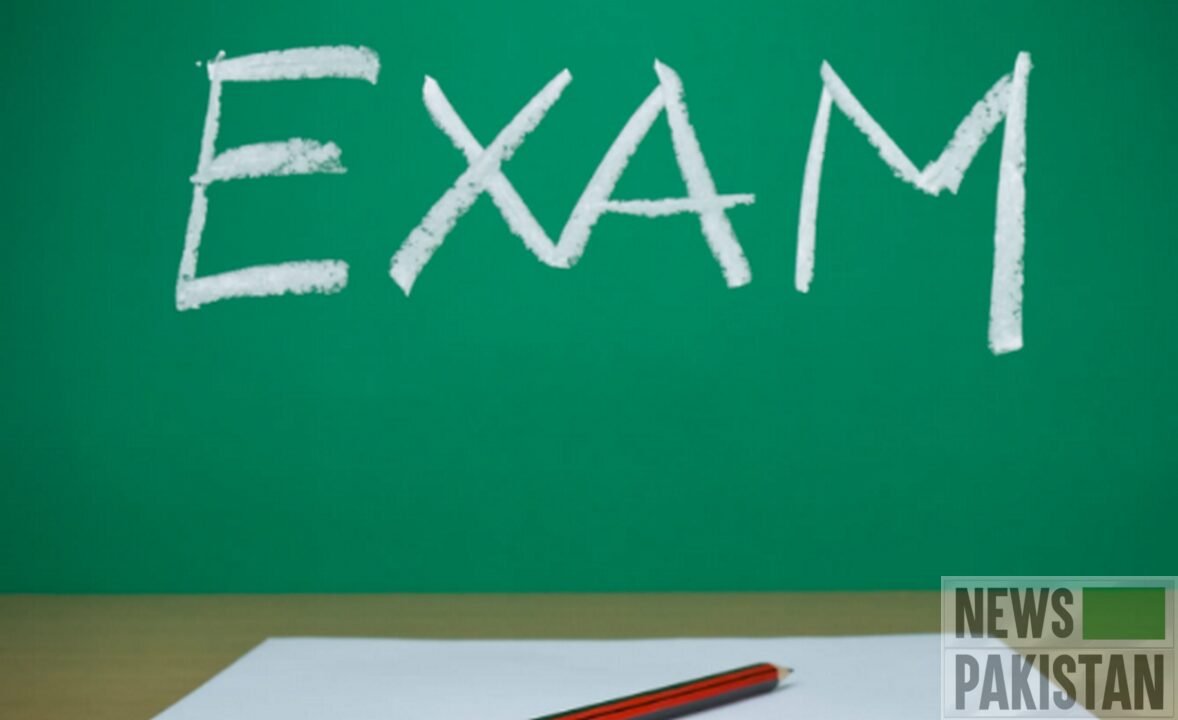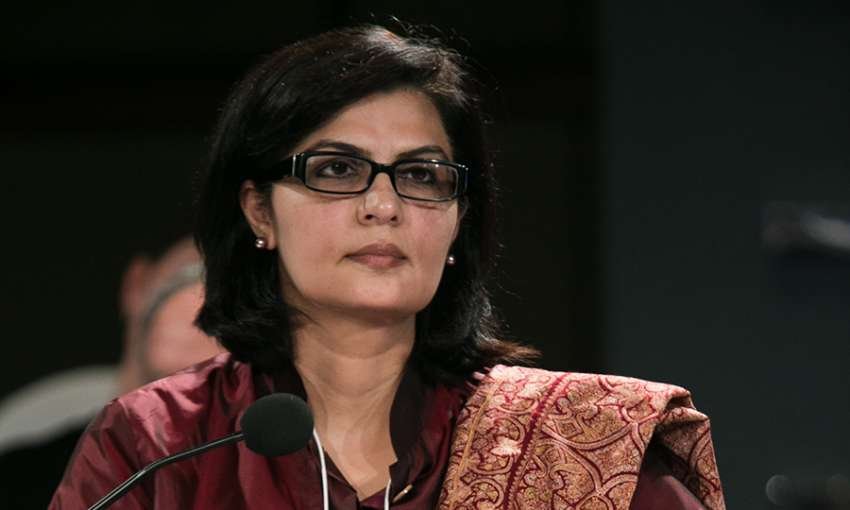MANHATTAN: Special Assistant to the Prime Minister on Poverty Alleviation and Social Protection, Senator Dr. Sania Nishtar represented Pakistan at the UNGA’s high-level side meeting with Heads of State and Government on, “Jobs and Social Protection for Poverty Eradication- Financing for Development in the Era of COVID-19 and Beyond Initiative”.
Heads of State and Government expressed commitments through a Call to Action with the aim of promoting policy coherence ahead of the fall meeting of IMF and the World Bank, and meetings of G7 and G20.
Following the opening segment, Dr. Sania joined global leaders at the high-level panel on, “National and Regional Commitments to create decent jobs, expand social protection, and support a just transition”.
Also, speaking at the event were Alexander de Croo, Prime Minister, Kingdom of Belgium, co-chair, Group of Friends of Decent Work; Carlos Alvarado Quesada, President of the Republic of Costa Rica; Guillermo Lasso Mendoza, Constitutional President of the Republic of Ecuador; Alberto Fernandez, President of the Republic of Argentina; Yemi Osinbajo, Vice-President of the Federal Republic of Nigeria; Mostafa Madbouly, Prime Minister of the Arab Republic of Egypt; Abul Kalam Abdul Momen, Minister for Foreign Affairs of the People’s Republic of Bangladesh, Béata Habyarimana, Minister for Trade and Industry of the Republic of Rwanda; Alexandra Hill Tinoco, Minister for Foreign Affairs of El Salvador; and Jutta Urpilainen, European Commissioner for International Partnerships.
Bringing Pakistan’s perspective to the table, Dr. Sania stated, “The poorest people and poorest countries have borne the brunt of the pandemic and the world is now on a divergent path of recovery. In Pakistan we have been lucky so far, as we have been able to contain the health and economic impacts of the pandemic through our policy of “smart lockdowns” and social protection. Our economy is back on a healthy growth trajectory. And, Pakistan’s social protection programme, Ehsaas is recognized as a global model.”
Further, she urged the international community, led by the United Nations to promote a series of systemic and structural reforms in the global economic architecture.
“First, there is need to expand the financial access of developing countries through a more equitable distribution of IMF quotas; lowering the cost of private loans to developing countries; halting and reversing illicit financial flows from developing countries; and installing an equitable international tax regime; two, there is need for massive mobilization of public and private investment to facilitate the transition to green and digital economies; three, there is need to reform the world trade regime to enable developing countries to expand their exports to global markets on a preferential basis; and four, an opportunity is within reach to leverage the crisis as a platform for radical change in the way the state conceives and provides social protection.”
“This is also the time to revisit the scope of public policy support at the intersection of social protection and labour market, and promote out of box solutions, especially for informal economies”, she said.
In her concluding words, Dr. Sania also spotlighted that Pakistan, Turkey, Nigeria, and Costa Rica, with the cooperation of the World Bank, have initiated a proposal for the universal adoption of social protection and establishment of a knowledge platform.
She urged each and every country to join the global platform to incorporate social protection as a policy instrument to “build back better”.
To achieve a human centered recovery, commitments are required from global leaders. The meeting convened rich policy discussions to frame the ambitions needed for a socio-economic recovery to advance decent job creation, social protection and poverty eradication.
Newspakistan.tv | YouTube Channel











